Reproduction
Reproduction is the biological process by which new individuals of the same species are produced. There are two main types of reproduction: asexual reproduction and sexual reproduction.
Asexual Reproduction
Asexual reproduction involves the production of offspring from a single parent, without the involvement of gametes (sex cells). This can occur through various methods such as budding, fission, fragmentation, and spore formation. Asexual reproduction results in offspring that are genetically identical to the parent.
Sexual Reproduction
Sexual reproduction involves the fusion of male and female gametes to produce offspring. In most organisms, this process involves the formation of specialized sex cells, such as sperm and eggs. The union of these gametes results in genetic diversity in the offspring, as they inherit a combination of genetic material from both parents.
Study Guide
- What is reproduction?
- What are the two main types of reproduction?
- Explain asexual reproduction and provide examples.
- Describe sexual reproduction and its significance in creating genetic diversity.
- Compare and contrast asexual and sexual reproduction.
Understanding the process of reproduction is essential in biology, as it is fundamental to the continuation of life and the survival of species.
.◂Science Worksheets and Study Guides Fifth Grade. Science Worksheets: Acids and bases

 Activity Lesson
Activity Lesson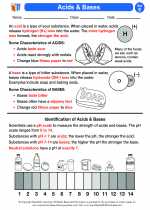
 Worksheet/Answer key
Worksheet/Answer key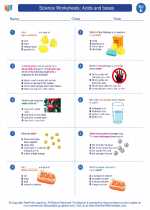
 Worksheet/Answer key
Worksheet/Answer key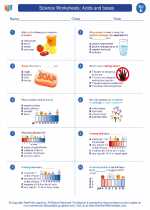
 Worksheet/Answer key
Worksheet/Answer key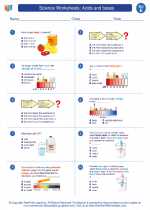
 Worksheet/Answer key
Worksheet/Answer key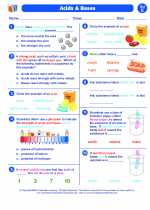
 Vocabulary/Answer key
Vocabulary/Answer key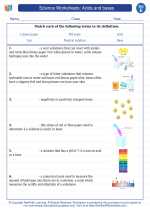
 Vocabulary/Answer key
Vocabulary/Answer key
